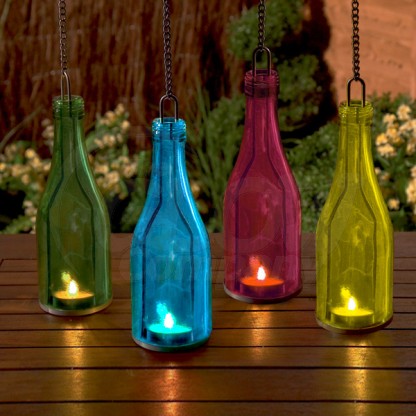Ordering all of the equipment you need for your laboratory can be time-consuming and oftentimes difficult to keep track of. This is especially true if you are involved in continual research as time may change your specific needs each year, or even month to month. Knowing this, it is important that your laboratory establish some standards not only on how it orders materials but also on what each of those materials is used for.
ere are a variety of reasons that laboratories want to keep a healthy supply of glass bottles on hand, but it is important that all of your lab personnel are aware of which ones to use in which instance. This can affect your storage conditions and failure to observe proper procedure could also result in safety concerns or loss of valuable samples. To solve this problem, it helps to have a supplier that you can rely on to get the top quality glass bottles your laboratory needs.

Storage That Works
Glass has been used in laboratories for hundreds of years and with the introduction of plastic only recently, some people do not understand why there has not been a complete switchover from glass bottles to plastic ones. After all, plastic is less expensive and more versatile in its structure, offering a variety of different plastics ranging from rigid and inflexible to soft and malleable. So, why do laboratories not just use plastic?
One reason is that labs look for ways to ensure long-term storage of materials. Though plastic may be useful in some capacities, it is not known for its longevity, especially under harsh conditions. Unlike plastic, glass has been known to last for decades or even centuries if handled properly.
Versatile Sample Containers
More importantly, glass can be used to store virtually anything. Whereas plastic may react poorly to sunlight, alkaline or acidic substances, or any other variety of challenges, glass will continue without being affected. This means that you can use glass bottles to store things that plastic simply cannot hold.
On a similar note, it is important to realize that glass is much easier to reuse than plastic. Since one day you might need to work with a single material and the next a different one, this can be extremely helpful in cutting your cost of bottles. Rather than have to find new containers each time a substance is introduced, you can simply clean the glass bottle and put whatever you need in it.
Buying From Wheaton
If you want to get the best results though, it is important that you order your glass bottles from a supplier that consistently will deliver quality products. Though glass is typically more durable than plastic, it is important to remember that a single defect in construction can mean complete disaster. To avoid this, Wheaton has been offering the highest quality glass bottles for 125 years.
Whether you are looking to make the next medical breakthrough or are simply performing regular lab testing, it is always important that you have the materials you need. With glass bottles on hand, your lab will be prepared to store anything.

